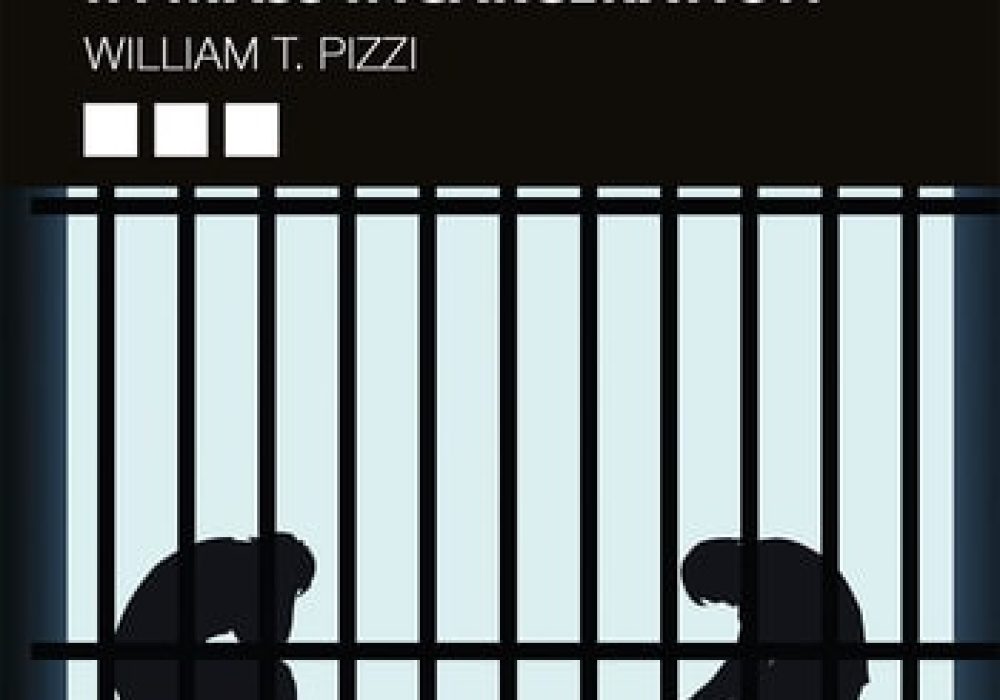This event is co-sponsored by Georgetown University Law Center, Notre Dame Law School, Boston College Law School, the University of St. Thomas School of Law, the Catholic Lawyers Guild of Chicago, Catholic Prison Ministry Coalition, Kolbe House Jail Ministry, Seattle University, the Seattle University Crime and Justice Research Center, Loyola University Chicago School of Law, the Hank Center for the Catholic Intellectual Heritage, Fordham University School of Law, the Institute on Religion, Law and Lawyer’s Work at Fordham University School of Law, The Center on Race, Law, and Justice (Fordham University School of Law), the University of Denver College of Law Federalist Society, and the University of Colorado Federalist Society
American principles of justice and equality lead our culture to value the criminal trial as a fair hearing for the accused and vindication for the victims of crime. But the reality of the U.S. justice system falls far short of this ideal, making criminal trials the rare exception amidst a wave of plea bargains. When trials do take place, judges are often forced to impose mandatory sentences that do not fit the unique context of a given case.
Join Judge Stephanos Bibas from the 3rd Circuit Court of Appeals, and author of The Machinery of Criminal Justice (Oxford University Press, 2015), and Professor William Pizzi, as they discuss Pizzi’s new book, The Supreme Court’s Role in Mass Incarceration (Routledge, 2020). Pizzi provocatively argues that the Supreme Court’s attempts to expand defendants’ rights in the 20th century unexpectedly led to the mass incarceration crisis today. He points to Canada as a beacon of hope, where an unelected, professional judiciary customizes sentences to fit the actual case. Unlike American courts, where judges are forced by repeat-offender laws to sentence defendants to decades for a minor offense, Canada’s judiciary freely metes out proportionate sentencing.
The discussion will be moderated by Cook County Judge Tom Donnelly.
This event is part of the Catholic Criminal Justice Reform Network, a new initiative of the Lumen Christi Institute.

